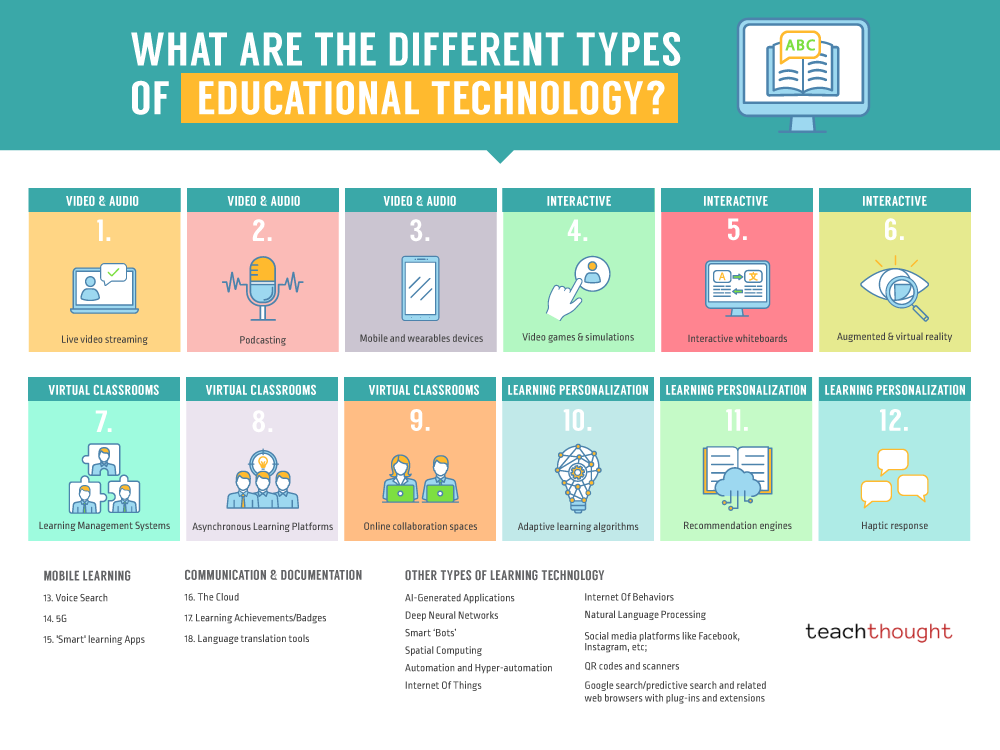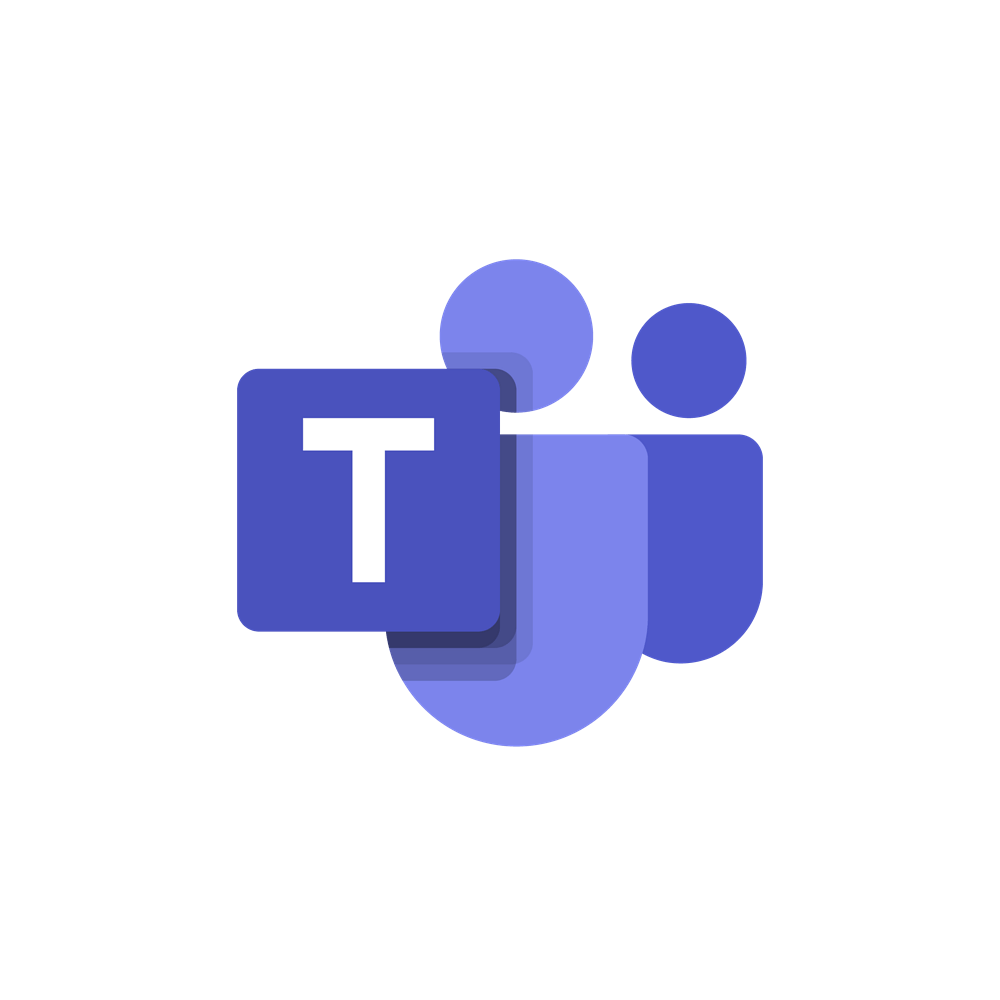THE FUTURE OF LEARNING
TECHNOLOGICAL TOOLS
___________________________________________________________________________________
•Technological tools refer to a wide range of devices, software, and applications that enhance and support various tasks, including learning, communication, productivity, and creativity.
In the context of education, technological tools play a crucial role in transforming how we learn and study.
Key Technological Tools for Learning:
Online platforms that enable students, teachers, and teams to work together, communicate, and share resources in real-time. These tools facilitate collaboration, even when participants are in different locations. Examples: Google Docs, Microsoft teams, etc.
Online Assessment Tools
Are digital platforms that help educators create, administer, and evaluate assessments such as quizzes, tests, and surveys. These tools provide instant feedback, improve engagement, and make it easier to track student progress. Examples: Kahoot!, Quizizz, Google Forms, etc
Mind Mapping Tools
Are digital platforms that help organize and visualize information, ideas, and concepts in a structured, graphical format. These tools allow users to create mind maps, flowcharts, and diagrams that show the relationships between different elements. Examples: MindMeister, XMind, Coggle, etc.






Comentarios
Publicar un comentario